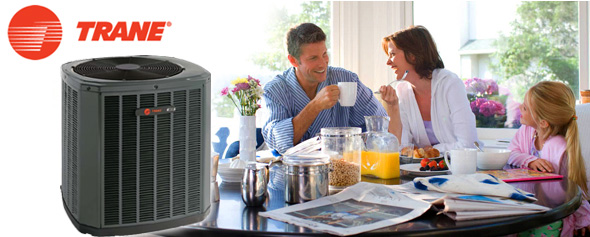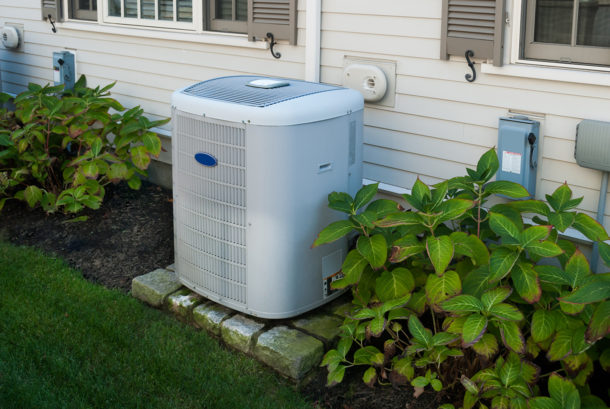What is a Heat Pump System?
As the temperatures drop and winter approaches, homeowners are often left scrambling to find ways to keep their homes warm and cozy without breaking the bank. One effective solution is to upgrade to an energy-efficient heat pump system, which can provide reliable and cost-effective heating and cooling for your home. In this article, we’ll explore the benefits of heat pump technology, how it can help you prepare for winter, and the steps you can take to upgrade your HVAC system for a cozy and cost-effective winter.
A heat pump system heat pump system is a type of HVAC (heating, ventilation, and air conditioning) system that uses refrigeration technology to transfer heat from one location to another. Unlike traditional HVAC systems that generate heat through combustion or electric resistance, heat pumps use a refrigerant to extract heat from the outside air and transfer it to your home. This process allows heat pumps to provide both heating and cooling, making them a versatile and efficient option for homeowners.

Benefits of Heat Pump Systems
Heat pump systems offer several benefits that make them an attractive option for homeowners looking to upgrade their HVAC system. Some of the key benefits include:
- Energy Efficiency: Heat pumps are up to 4 times more efficient than traditional HVAC systems, using significantly less energy to provide the same amount of heat.
- Cost-Effective: With lower energy bills and fewer maintenance needs, heat pumps can save homeowners money in the long run.
- Reliability: Heat pumps are designed to provide consistent and reliable heating and cooling, reducing the risk of breakdowns and costly repairs.
- Environmental Benefits: Heat pumps are a more environmentally friendly option, as they do not produce greenhouse gas emissions or contribute to air pollution.
Preparing Your Home for Winter with a Heat Pump System
Upgrading to a heat pump system can help you prepare your home for winter in several ways:
- Improved Indoor Air Quality: Heat pumps can help remove moisture and pollutants from the air, improving indoor air quality and reducing the risk of mold and mildew.
- Reduced Energy Bills: With lower energy consumption, heat pumps can help reduce your energy bills and keep more money in your pocket.
- Increased Home Comfort: Heat pumps can provide consistent and reliable heating, keeping your home warm and cozy even on the coldest winter days.
- Reduced Maintenance: Heat pumps require less maintenance than traditional HVAC systems, reducing the risk of breakdowns and costly repairs.
Steps to Upgrade Your HVAC System to a Heat Pump System
Upgrading to a heat pump system is a relatively straightforward process that can be completed by a licensed HVAC professional. Here are the steps to follow:
- Assess Your Home: Determine your home’s heating and cooling needs, including the size of your home, insulation, and windows.
- Choose the Right Heat Pump: Select a heat pump system that is designed for your home’s specific needs, taking into account factors such as energy efficiency, noise level, and features.
- Hire a Licensed Professional: Work with a licensed HVAC professional to install your new heat pump system, ensuring that it is installed correctly and efficiently.
- Schedule Maintenance: Schedule regular maintenance for your heat pump system to ensure it continues to run efficiently and effectively.
Upgrading to an energy-efficient heat pump system is a smart decision for homeowners looking to prepare for winter and reduce their energy bills. With its numerous benefits, including energy efficiency, cost-effectiveness, and reliability, heat pumps are an attractive option for homeowners looking to upgrade their HVAC system. By following the steps outlined in this article, you can ensure a smooth and successful upgrade to a heat pump system, providing you with a cozy and cost-effective winter.


